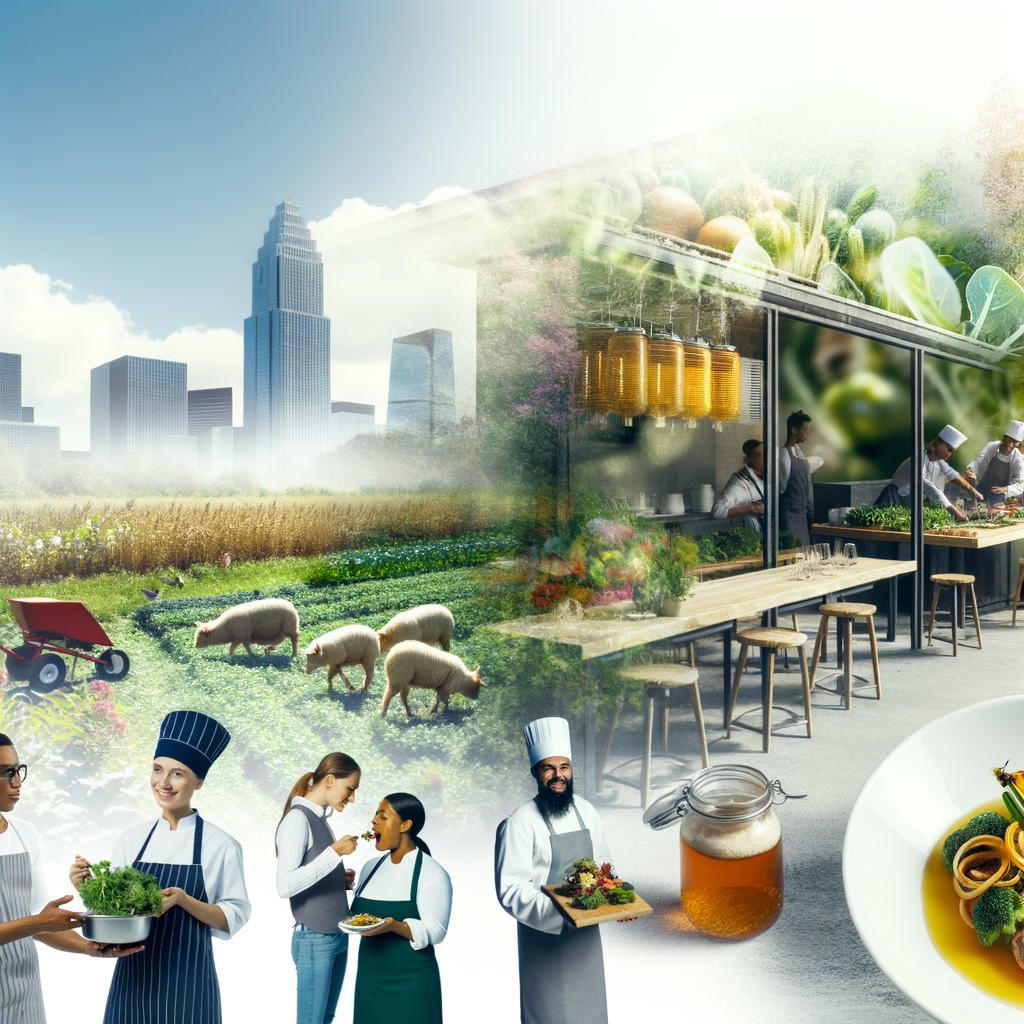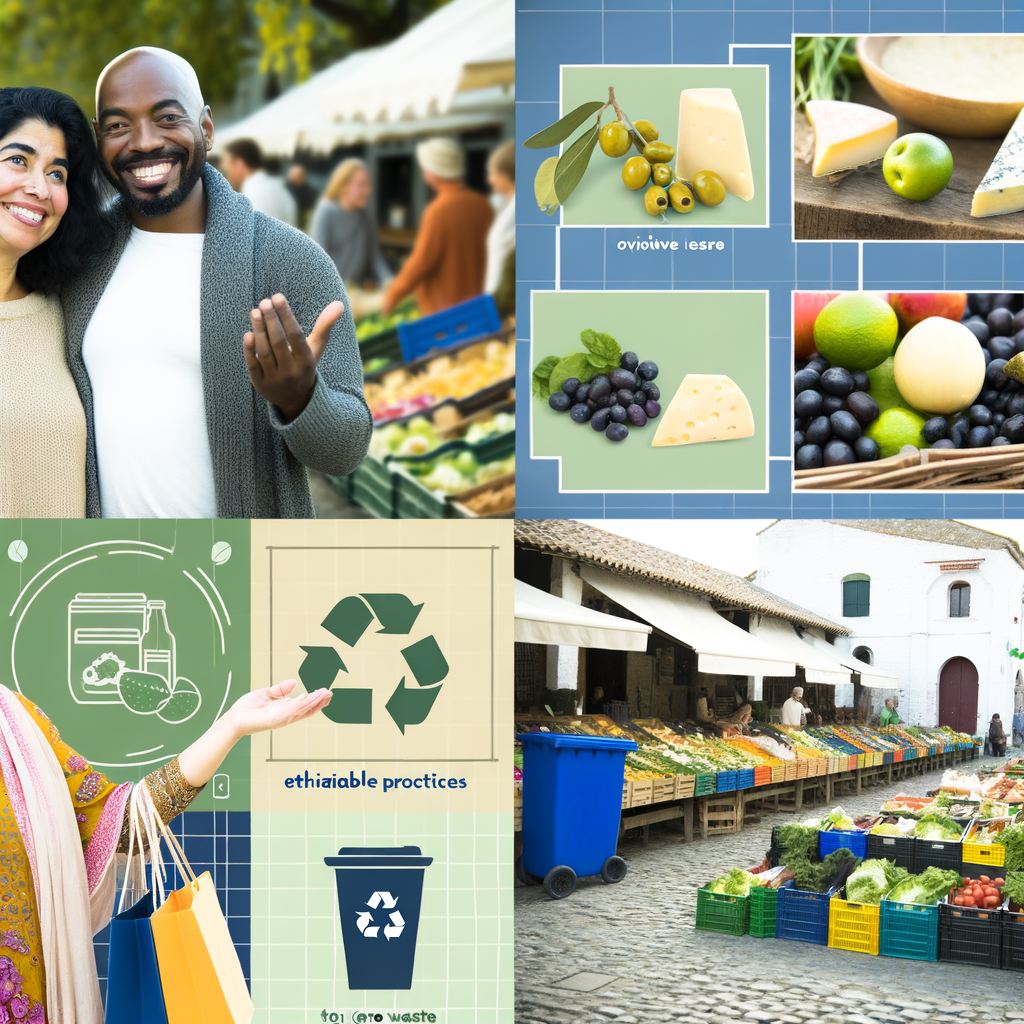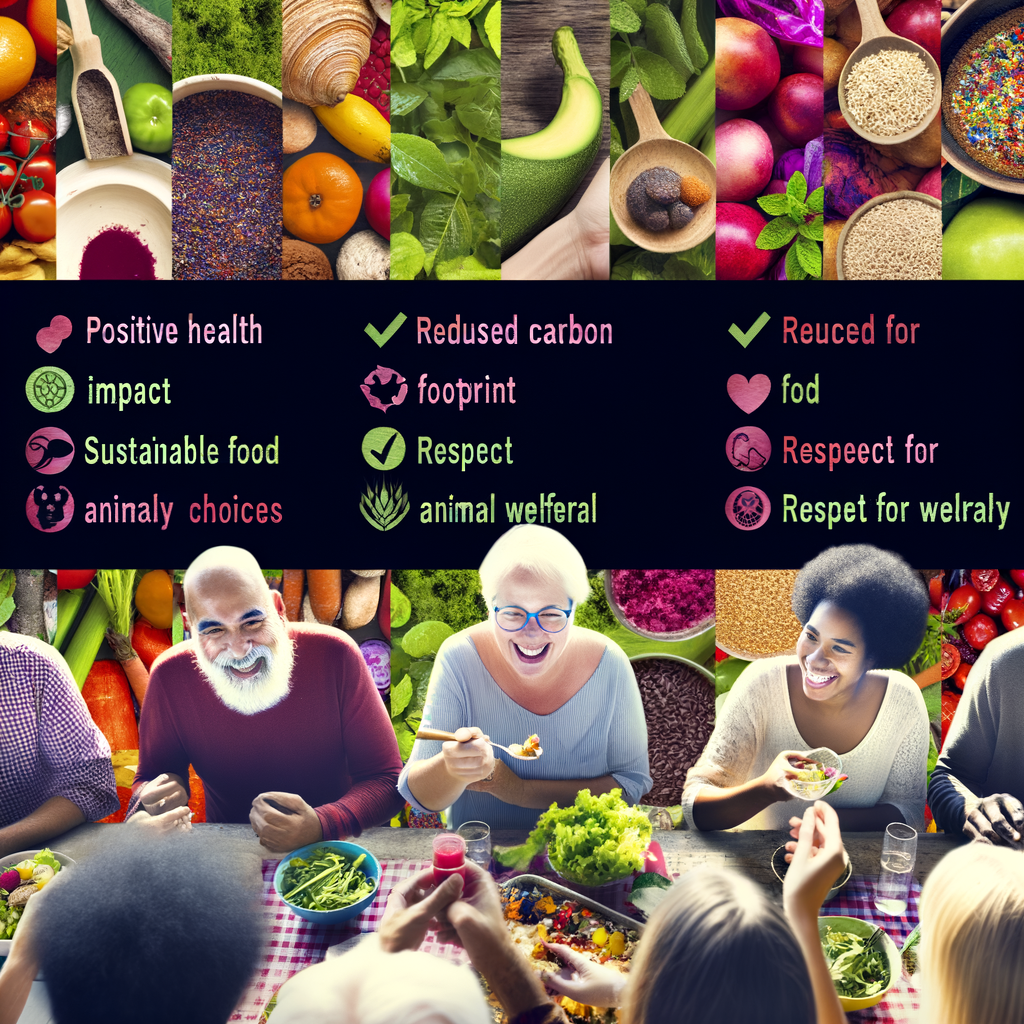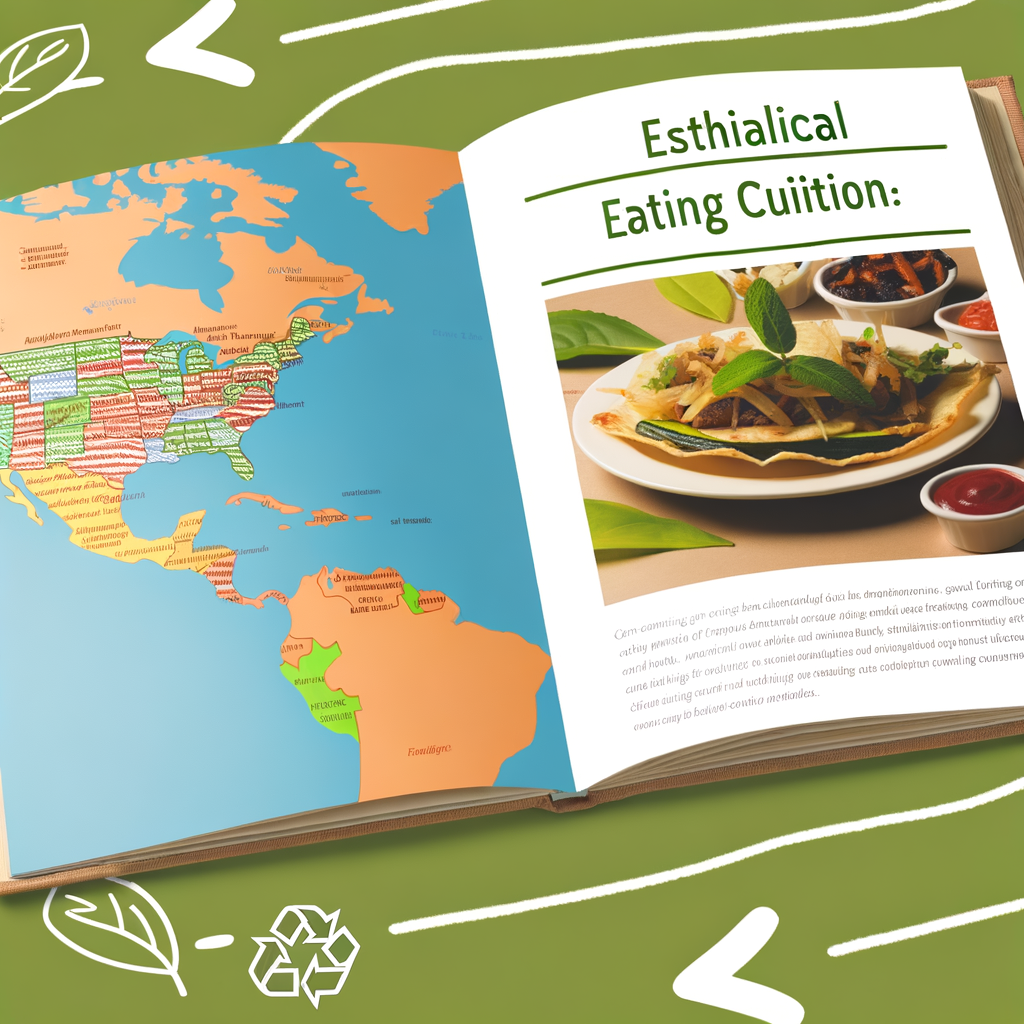As an expert chef, I have seen first-hand the impact of sustainable practices on the food industry. In recent years, there has been a growing trend towards ethical eating, where consumers are becoming more conscious of where their food comes from and how it is produced. This has led to a shift in the way restaurants and chefs approach food, with a greater emphasis on sustainability.
Sustainable practices in the food industry are all about minimizing waste, reducing carbon footprint, and using resources in a responsible manner. This includes sourcing ingredients from local farms, using organic and seasonal produce, and practicing responsible fishing and farming techniques. These practices not only benefit the environment but also result in healthier and more flavorful dishes.
One of the major challenges for chefs in adopting sustainable practices is the cost. It can be more expensive to source ingredients from local farms and to use organic produce. However, the long-term benefits far outweigh the initial cost. By supporting local farmers and reducing our reliance on mass-produced ingredients, we are promoting a more sustainable and ethical food system.
Sustainable practices also extend beyond the kitchen. Many restaurants are now implementing eco-friendly practices such as using compostable packaging and reducing food waste. This not only helps the environment but also resonates with consumers who are increasingly looking for ethical options.
As an expert chef, I believe it is our responsibility to embrace sustainable practices and promote ethical eating in the food industry. By doing so, we are not only creating delicious dishes but also contributing to a healthier and more sustainable future for all.





